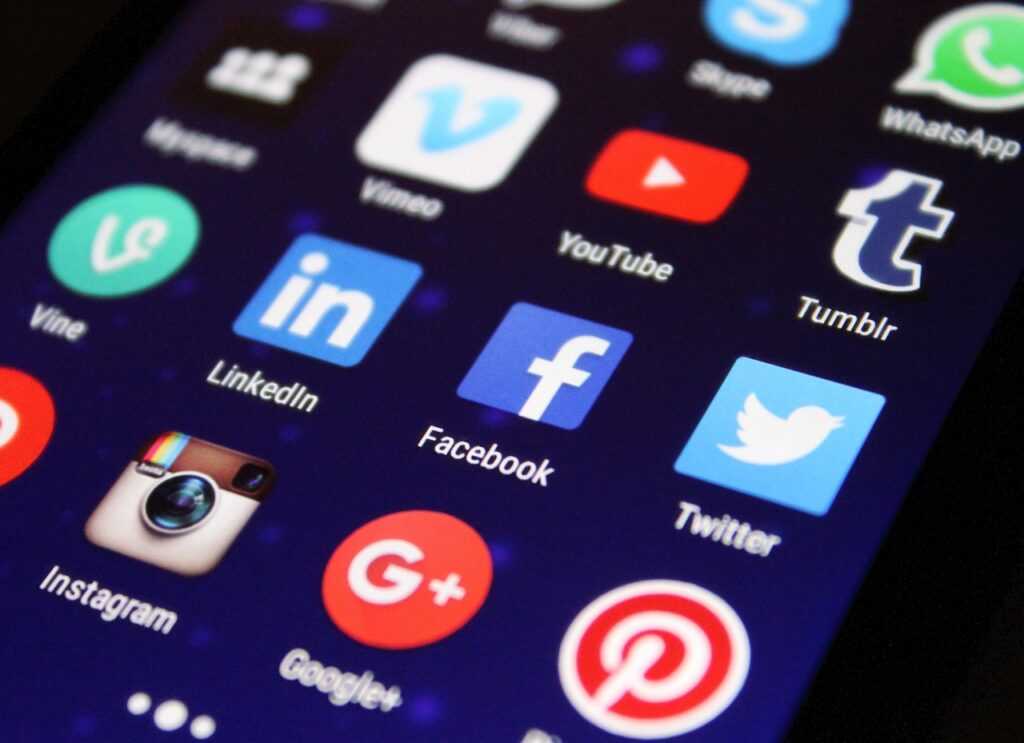What Is 4842570165?
First things first — let’s look at where this number comes from. The area code 484 is registered to eastern Pennsylvania, including cities like Allentown, Bethlehem, and parts of Philadelphia’s outskirts. At first glance, this gives it some credibility. It’s domestic. It’s not one of those mysterious +44 or +91 numbers people instantly suspect. But that doesn’t mean it’s safe by default.
The full number 4842570165 doesn’t have a widely recognized source. It’s not tied to a major company, government agency, or known helpline. That ambiguity is a red flag.
Could It Be a Scam Number?
Short answer: very possible. Scam calls have evolved well beyond Nigerian princes and fake IRS agents. Most modern scam callers use VoIP technology to mask their real number and mimic local lines to gain trust — something called “neighbor spoofing.”
When people see a local number, they’re more likely to pick up. That’s the whole point. So even if 4842570165 looks harmless, treat it with some healthy skepticism if you weren’t expecting a call from that region.
Common red flags include: A robotic voice asking you to “verify personal information” Urgent phrases like “your account has been compromised” Asking for payments through gift cards or digital wallets
If you get something like this from 4842570165, hang up immediately. Do not provide any credit card, banking, or personal info.
What to Do If You Get a Call or Message
If you answer and it doesn’t feel right, trust that instinct. Scam tactics rely on immediacy and fear. They’re betting you’ll act before thinking. Slow it down. Here’s a simple checklist:
- Don’t speak or press any buttons — this confirms you’re a real person.
- Let unknown calls go to voicemail.
- After the call, Google the number — look for reports, complaints, or business listings.
- Block the number if it’s suspicious.
There are several apps — Hiya, Truecaller, Nomorobo — that can identify known scam and spam numbers. Use them. They crowdsource caller ID data and flag potentially dangerous numbers.
4842570165: Real Person or Robocaller?
Let’s get into specifics. Reports on several public databases (like WhoCallsMe and 800Notes) mention that 4842570165 has been linked to robocalls about debt relief and health insurance offers. Most users say the voice sounds prerecorded. That implies a robocaller setup — automated dialing with a generic sales pitch.
A few mentions also note “dead air” — you answer and there’s silence. That can happen when a robodialer tests to see if a human will pick up before connecting you to a real agent.
Keep this rule in mind: unsolicited robocalls are illegal in the U.S. unless you’ve given explicit written permission or have an existing relationship with the organization.
How to Block and Report These Calls
You’ve got more options than just ignoring calls. Here’s what you should do if 4842570165 keeps pinging your phone:
Block the Number: On both iOS and Android, blocking is a quick twotap process. Report to the FTC: Visit reportfraud.ftc.gov and log the call. Every report counts. Register with the Do Not Call List: Add your number at donotcall.gov. While not perfect, it’s another layer of defense. Use Carrier Services: Verizon, AT&T, and TMobile all offer free or paid call filtering tools.
Why Numbers Like This Keep Showing Up
Telemarketers and scammers don’t randomly pick your number — they often buy lists. If you’ve filled out forms, entered contests, or shared your number online, it might’ve landed in one of those databases.
Once you’re on a few lists, your number can get passed around indefinitely. It’s annoying, but the key question is: how do you reduce the frequency?
Start by minimizing where and how you share your phone number. Think twice before typing it into online forms unless it’s necessary. Use email instead when possible. Never post your number publicly on social platforms, unless it’s for business purposes — and even then, consider alternatives.
Final Call on 4842570165
Suspicious numbers like 4842570165 are just one part of the modern digital noise. While not every unknown call is hostile, it’s safer to assume they are until proven otherwise. Rely on callblocking tools, be cautious about giving out personal info, and always verify before engaging.
The bottom line: if you didn’t request the call, don’t trust it — especially when it comes from an unknown, unverified source. Stay sharp and stay guarded.


